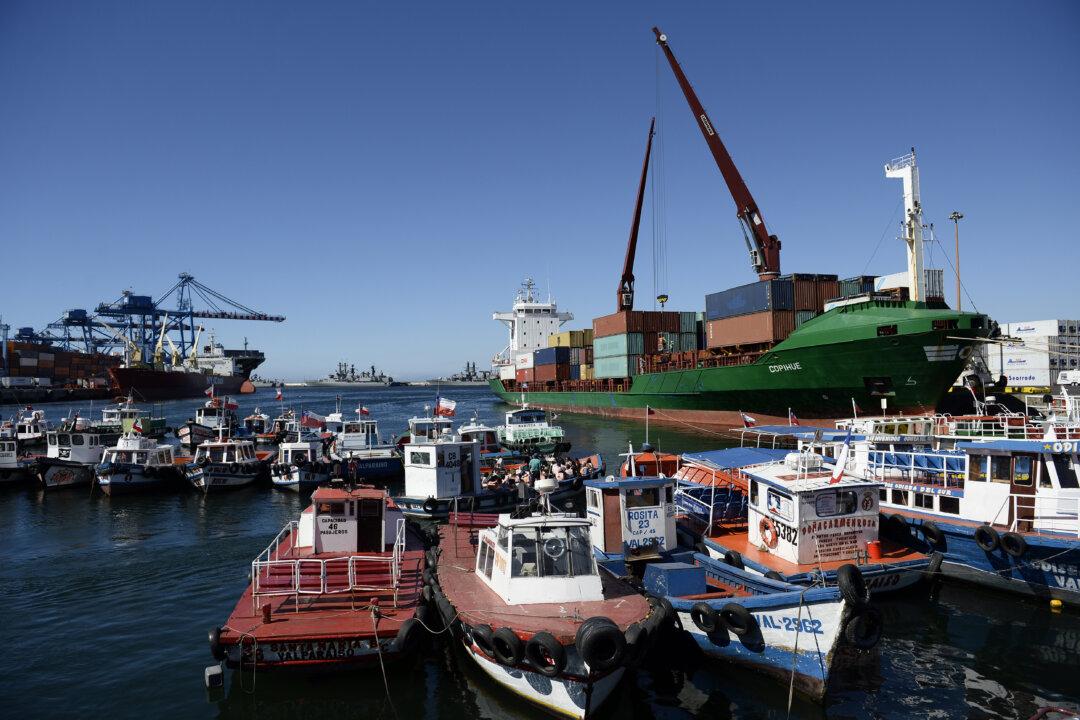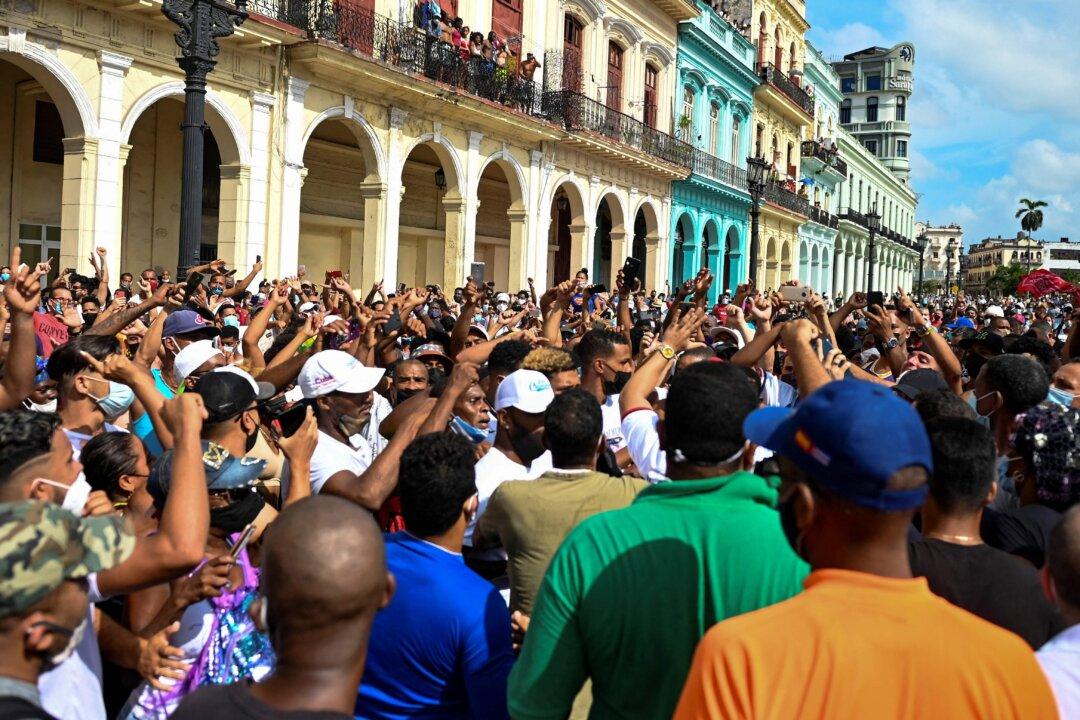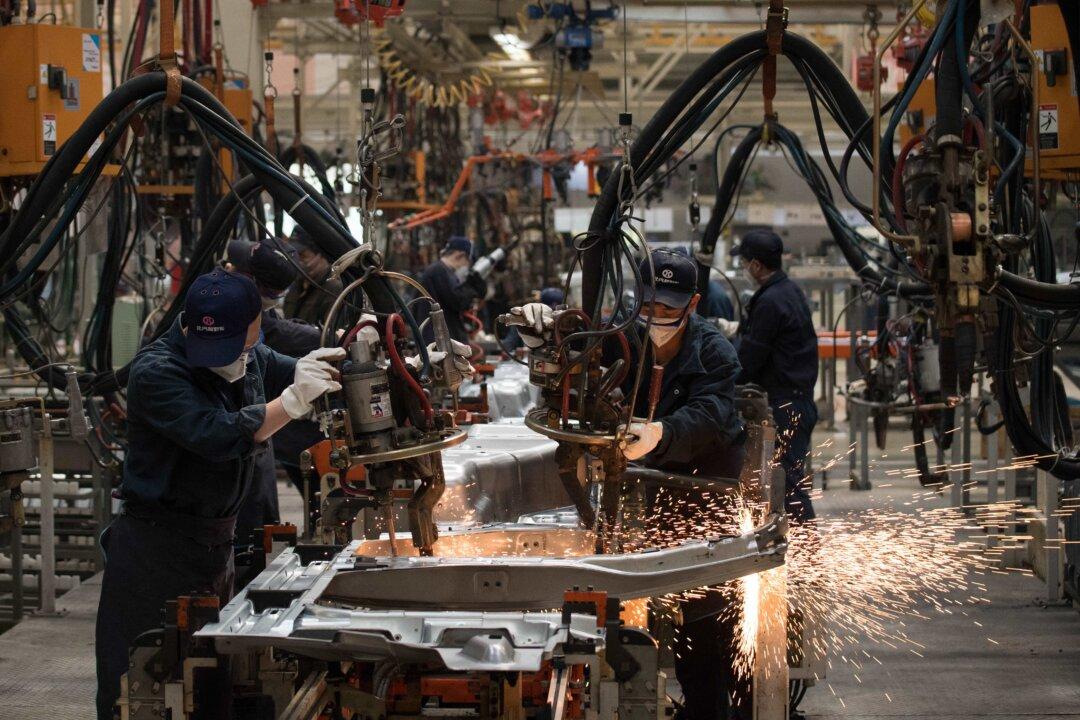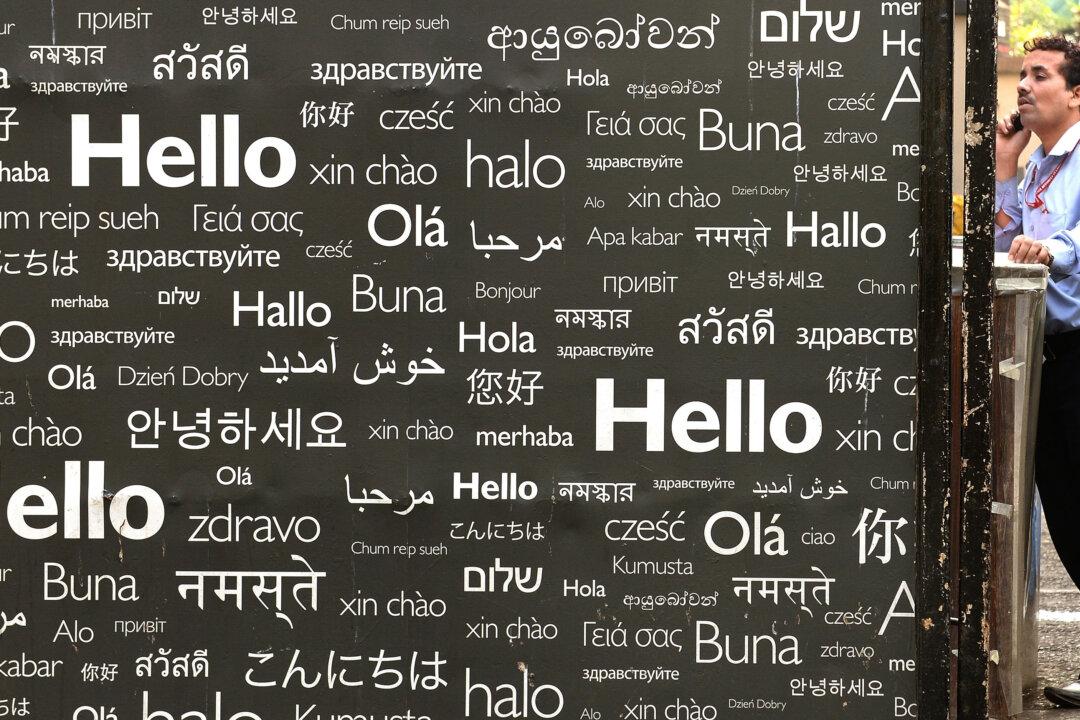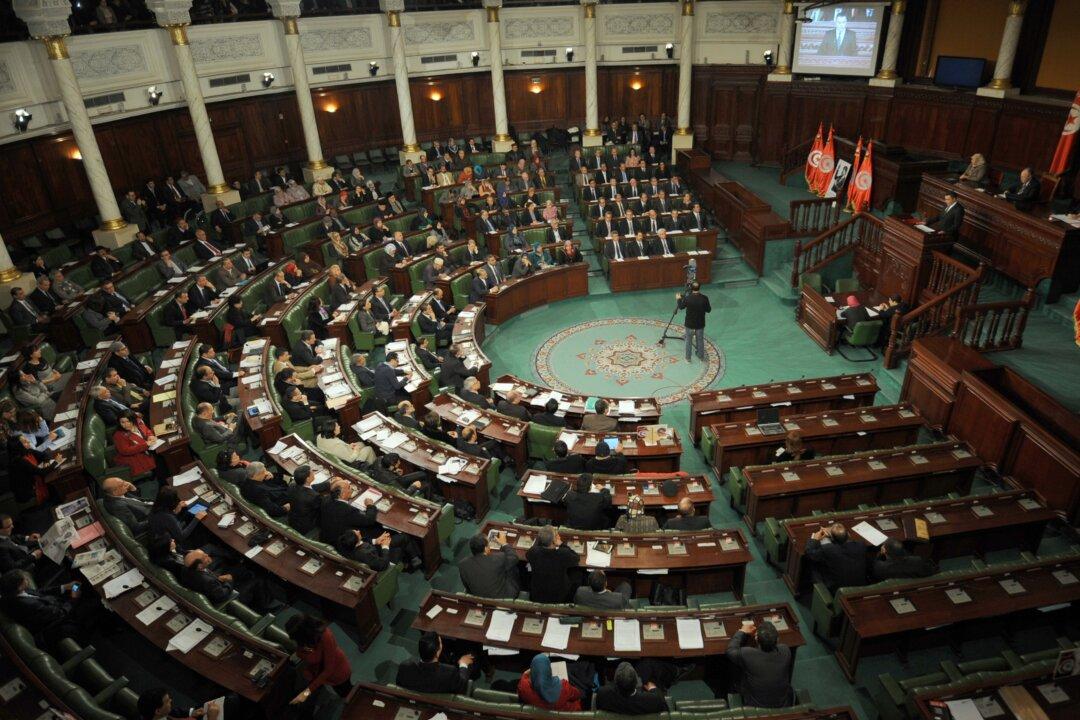The presidents of Guatemala, Honduras, and El Salvador recently visited U.S. President Barack Obama to urge him to change course in combatting the flood immigrants illegally entering the United States. The three heads of state recommend the American president focus on fighting violent gangs in Central America, rather than protecting the border and deporting those immigrants.
There’s a problem with their suggestion however. Neither it, nor protecting the border and deporting immigrants entering illegally, will work. Desperate people will find ways around, under, or over the proposed “Great Wall of Mexico,” just as they do with stretches already built (not to mention the sea routes). The United States has already spent $250 million over the past decade and built 1,000 kilometers (about 621 miles) of new walls, added cameras, sensors, and drones, and yet the crossings continue.
As for people who recommend throwing American military resources into a violent, corrupt environment to fight gangs should ask themselves this question: Who gets to keep the weapons? Rogue military and police units, after all, thrive in Central America where corruption is often the operative word.
The only long-term solution to the currently intractable problem of immigrants entering the united states without legal permission is to implement legal, regulatory, and economic reform that would increase the economic freedom of the residents of Central America.
It is this lack of economic freedom that is propelling the flood. Even in relatively peaceful times, people cross the border seeking economic opportunity. A recent study by Indra de Soysa and Krishna Chaitanya Vadlamannati of the Norwegian University of Science and Technology, published by the Fraser Institute, shows that economic freedom reduces conflict by creating more profitable alternatives.
While gangs and drugs catch headlines, the truth is few young people consider the dangerous options of drug running and gang warfare as a route to wealth. But in much of Latin America as well as places like Afghanistan, the only path to wealth (or even economic comfort) is criminal activity. Grasping elites manipulate the law and regulations to deprive the poor and dispossessed of opportunity.
Guatemala, Honduras, and El Salvador all score miserably on the Fraser Institute’s Economic Freedom of the World Index, particularly on legal and property rights and regulation. Canadian leftists promote socialist alternatives but these fare no better. In the Fraser Institute index for legal system and property rights, Guatemala ranks 101st, Honduras, 99th; and El Salvador, 103rd; compared to the populist heavens of Bolivia, 104th; and Venezuela, 122nd out of 152 nations.
But don'’t listen to us. According to Transparency International’s corruption index, the populists fare equally badly: Bolivia is 106th and Venezuela, with its soaring murder rate, is 160th, compared to Guatemala, 123rd; Honduras, 140th; and El Salvador, 83rd of the 179 nations.
The Path of Chile
One Latin American nation, however, has firmly turned to economic reform: Chile ranks 36th for legal system and property rights and 22nd on the corruption index, roughly equivalent with many European nations. It also ranks in the top 10 of the overall economic freedom index.
This shows in its economic performance. Since Chile turned to free markets in the mid-1970s, its per capita GDP is almost four times larger. Opportunity and open markets flourish. El Salvador, which had about the same per capita GDP in the mid-1970s, grew less than 30 per cent.
Venezuela remarkably, with its resources, is actually poorer than it was 40 years ago while Bolivia, Honduras, and El Salvador all have minimal rates of growth compared to maximal rates of poverty and violence.
The difference in violence is striking: for Chile three murders per 100,000 people; Bolivia, 12; Guatemala, 40; El Salvador, 41; Venezuela, 54; and Honduras, 90.
The real solution to the flood of emigrants from Central America is not higher walls or more guns, but to follow the path of Chile. Increased economic freedom would give youth an alternative to gangs and create the prosperity, opportunity, and calm that will keep people at home.
Fred McMahon is the Michael Walker Chair of Economic Freedom Research with the Fraser Institute. This article previously published at TroyMedia.com.
